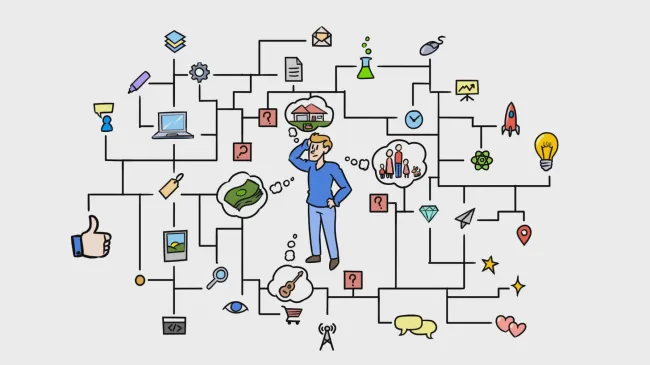

Not Worth a Transcontinental: Railroading a Nation into Prosperity

Western Officials Continue to Push African Nations to Decarbonize

Dense Dogmatism: Jacob McNulty on Herbert Marcuse

No, FDR Did Not Give People “Hope”

NEW COURSE: Lessons For The Young Economist

Our Debt, the Hapsburg Empire, and Economic Illiteracy

Menger vs. MMT on the Origins of Money
Jonathan Newman joins Bob to explore the archaeological evidence for silver as money in ancient Mesopotamia, challenging Modern Monetary Theory and affirming Menger’s classic account of money’s mar

The Silver Lining
Think silver prices are manipulated? There's more to the story. Mark Thornton explores the economic theory of "joint supply" and how it can create a "silver lining" even in a downturn.

The Problem with International Organizations like the EU and the WTO
Organizations like the European Union and the United Nations are inventions of government elites and are designed to serve the interests of government elites.

Even the Inventor of GDP Statistics Knew Government Spending Was Dubious
Patrick Newman joins Bob to discuss Simon Kuznets’ role in developing GNP and GDP metrics and Kuznets’ concerns over how government spending is accounted for in economic statistics.
Join Robert Malone, Tom Woods, and Tom DiLorenzo in Phoenix to discuss our enemy, the bureaucracy this April.
This spring, students from across the US are participating in Mises Book Clubs led by scholars at various universities and colleges. These student groups promote deep reading in Austrian economics.
Research Fellowships at the Mises Institute in Auburn, Alabama, are available to graduate students and post-docs interested in scientific research in the Austrian school and libertarian political economy.
Join us in Auburn for the Revisionist History of War Conference in May.












